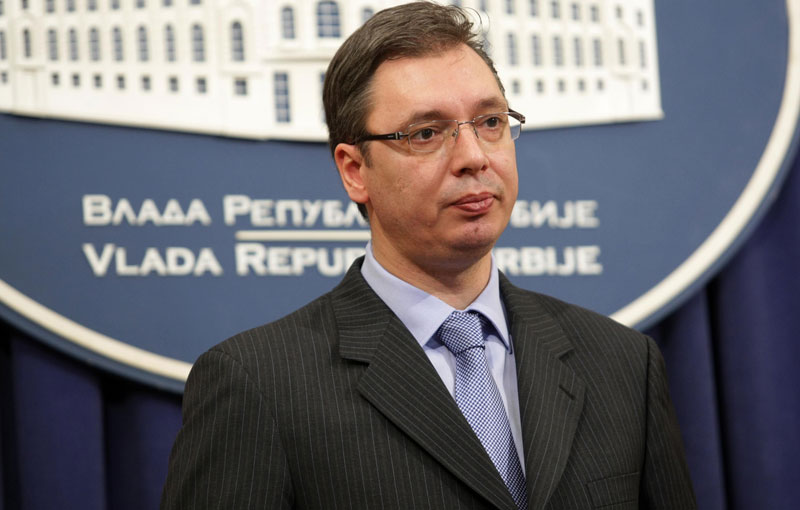Hungary, Budapest – Prime Minister Viktor Orbán declared that the controversial interwar Governor of Hungary, Miklós Horthy, was a national hero.
The Hungarian Prime Minister made a speech during a ceremony for the inauguration of a newly renovated luxury house formerly owned by Kuno Klebelsberg, the Minister of Education between 1922 and 1931, during the Horthy era.
“The second and third decades of the twentieth century were serious trials in Hungarian history. That the lost World War, the 133 days of Red Terror, and the Treaty of Trianon did not crush us underneath the foot of history, well, this is thanks to a handful of exceptional statesmen: Governor Miklós Horthy, Prime Minister István Bethlen, and Minister Kuno Klebelsberg. Without a Governor there is no Prime Minister. And without a Prime Minister there is no Minister. This fact cannot be doubted no matter Hungary’s mournful participation in the Second World War,” said Viktor Orbán.
Beyond the Prime Minister’s declaration, it seems that the government is willing to make the figure of the Admiral its own. A day later, János Lázár, Minister of Prime Minister’s Office, called Miklós Horthy a “great Hungarian patriot”.
A controversial move
This declaration shows a change in Viktor Orbán’s opinion. Back in 2015, Fidesz did not support the inauguration of a statue of the last Hungarian Governor, arguing that the government could not support the erection of a statue of a man who collaborated – whatever the reasons, the intensity and the quality of this collaboration – with the invaders. In this case, the German Third Reich.
But earlier this year in May, a Fidesz (Orbán center-right party) mayor inaugurated a statue dedicated to the Admiral. The figure of the Governor Horthy is usually evoked by monarchists, radical-right activists and the Jobbik party, or at least, some of his main characters such as László Toroczkai, the famous mayor on the Serbian border who asked for the border fence.
The declaration of Viktor Orbán did not made a lot of noise though, even though Mazsihisz – the Hungarian counterpart of the USA’s ADL or of the French CRIF – denounced these comments. According to its president, András Heisler, if the quality of the Admiral as a ruler is disputable, his responsibility is not. “Due to the antisemitism of the era named after [Horthy], it is a mistake to set him as an example for the next generation,” stated the president of the Federation of Hungary’s Jewish Communities.
A step forward to fight Jobbik?
Since the migrant crisis in 2015, the center-right government of Viktor Orbán has been making more political moves and declarations which can be seen as highly patriotic, or even nationalist for some. In the meantime, there is a change in policy occurring in Jobbik, from radical right wing to populist, less radical and more inclined to care about social issues instead of the usual nationalist topics – such as the Trianon treaty, the gypsy problem, and so on.
With the upcoming elections in Spring 2018, Fidesz and Jobbik appear to have entirely swapped positions on many topics, and it seems that the “radicalization” of Fidesz is indeed ongoing, now with the recuperation of the emblematic figure of Miklós Horthy.



